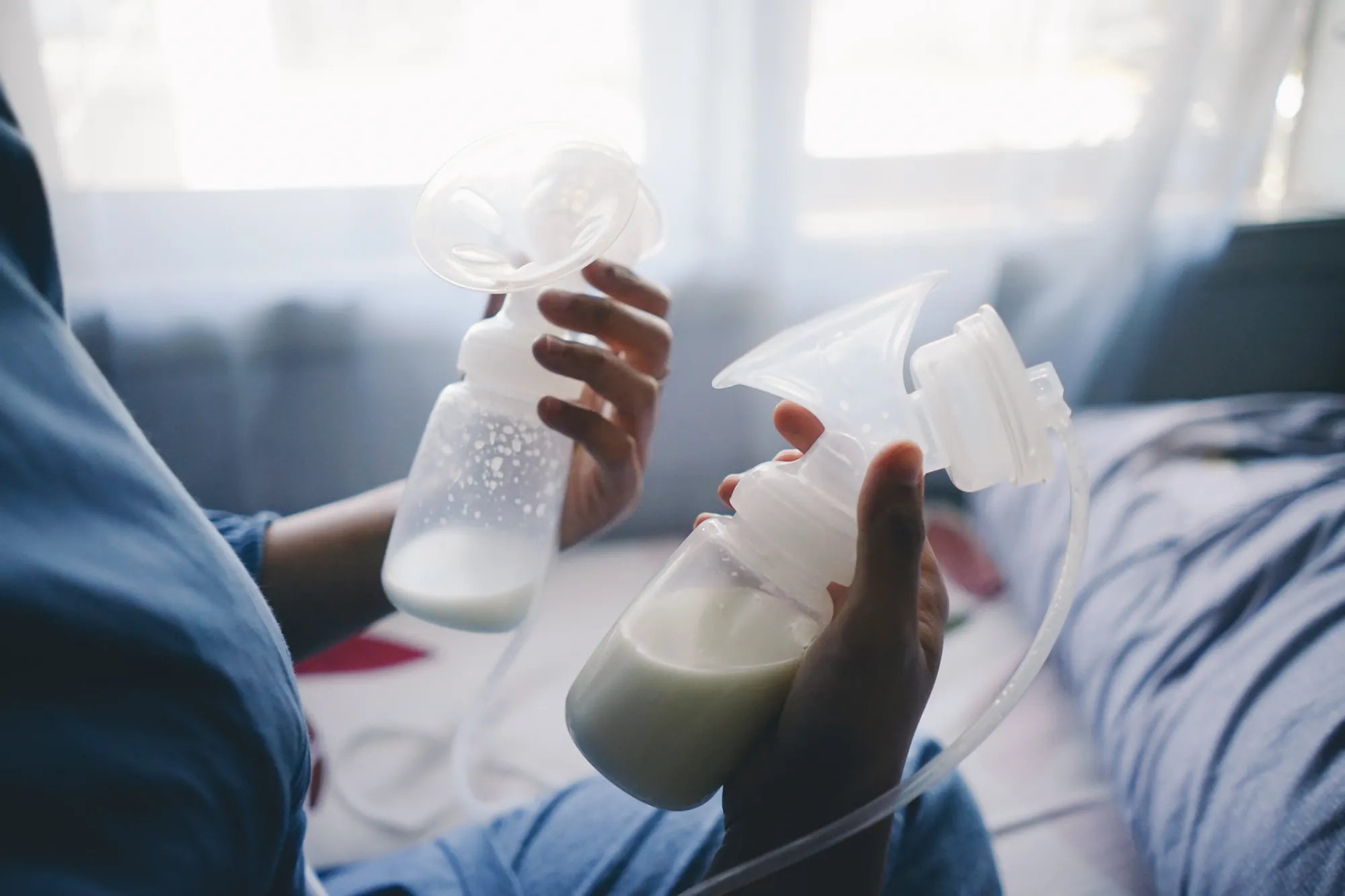Home
Pregnancy, Breastfeeding, and Pumping: The Ultimate Guide for Moms
How Long After Drinking Alcohol Can You Pump Breast Milk

How Long After Drinking Alcohol Can You Pump Breast Milk
Understanding the Impact of Alcohol on Breast Milk
When a breastfeeding mother consumes alcohol, it enters her bloodstream and can pass into her breast milk. The concentration of alcohol in breast milk is similar to that in the blood, and it peaks about 30 to 60 minutes after consumption. This means that the timing of pumping or breastfeeding after drinking alcohol is critical to ensure the baby is not exposed to alcohol.
Factors Influencing Alcohol Metabolism
Several factors affect how quickly a woman metabolizes alcohol, including her body weight, the amount of alcohol consumed, and whether she has eaten. Generally, it takes about two hours for the body to metabolize one standard drink. However, this can vary widely among individuals. For example, a heavier person may metabolize alcohol faster than a lighter person.
Guidelines for Pumping After Drinking Alcohol
Health organizations generally recommend waiting at least two hours per drink before pumping or breastfeeding. This allows time for the alcohol to metabolize and leave the bloodstream. For instance, if a mother has two drinks, she should wait at least four hours before pumping. It's important to note that pumping and discarding breast milk (often referred to as 'pumping and dumping') does not speed up the elimination of alcohol from the body.
Safe Breastfeeding Practices
To minimize the risk of alcohol exposure to the baby, mothers can plan their drinking around their breastfeeding schedule. For example, they might choose to have a drink immediately after breastfeeding, allowing the maximum time before the next feeding. Additionally, mothers can express and store breast milk in advance if they anticipate consuming alcohol.
Potential Risks of Alcohol in Breast Milk
Exposure to alcohol through breast milk can affect a baby's sleep patterns, motor development, and overall health. Even small amounts of alcohol can have an impact, particularly in newborns and younger infants whose livers are not fully developed. Therefore, it's essential to follow guidelines and err on the side of caution.
Monitoring Alcohol Consumption
Mothers who choose to drink alcohol while breastfeeding should monitor their intake carefully. Keeping track of the number of drinks and the timing can help ensure that they are not exposing their baby to alcohol. It's also a good idea to have a support system in place to help with childcare if needed.
Alternative Feeding Options
If a mother is concerned about the potential effects of alcohol on her breast milk, she may consider using stored breast milk or formula as an alternative feeding option. This can provide peace of mind and ensure that the baby is receiving safe nutrition.
Consulting Healthcare Providers
Every mother's situation is unique, and it's always a good idea to consult with a healthcare provider for personalized advice. They can provide guidance based on individual health factors, the baby's age, and other considerations.
Staying Informed and Making Safe Choices
Breastfeeding mothers who choose to drink alcohol should stay informed about the latest research and recommendations. Making safe and informed choices can help protect the health and well-being of both mother and baby.
Understanding the timing of pumping breast milk after consuming alcohol is essential for the health and safety of both mother and baby. By following guidelines, monitoring alcohol intake, and consulting healthcare providers, mothers can make informed decisions that support their breastfeeding journey. Staying informed and making safe choices ensures that both mother and baby can thrive.
Share

